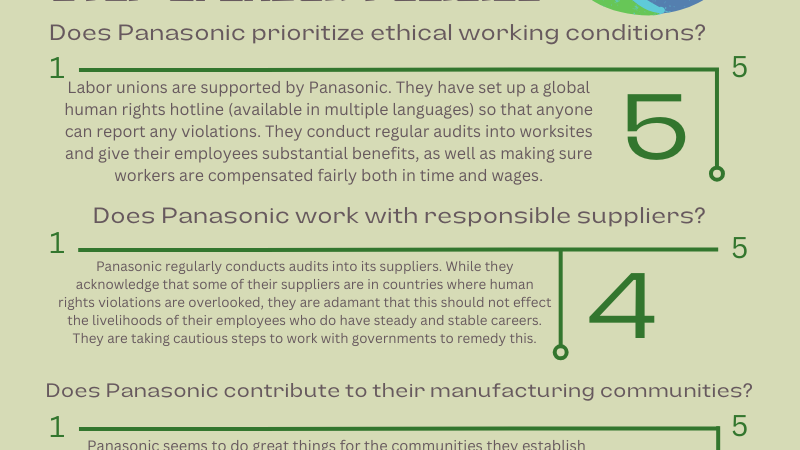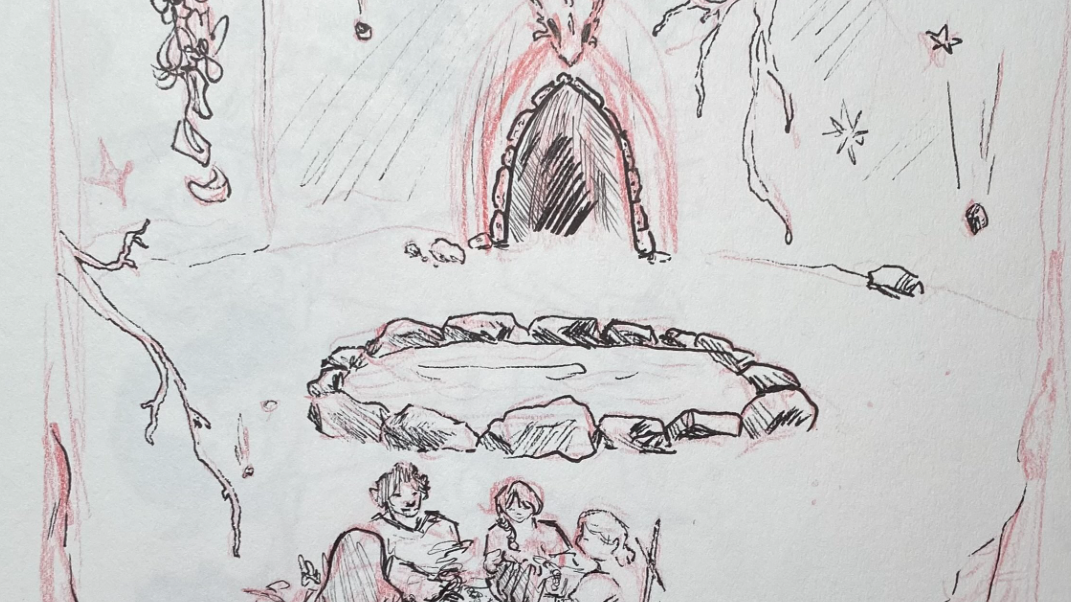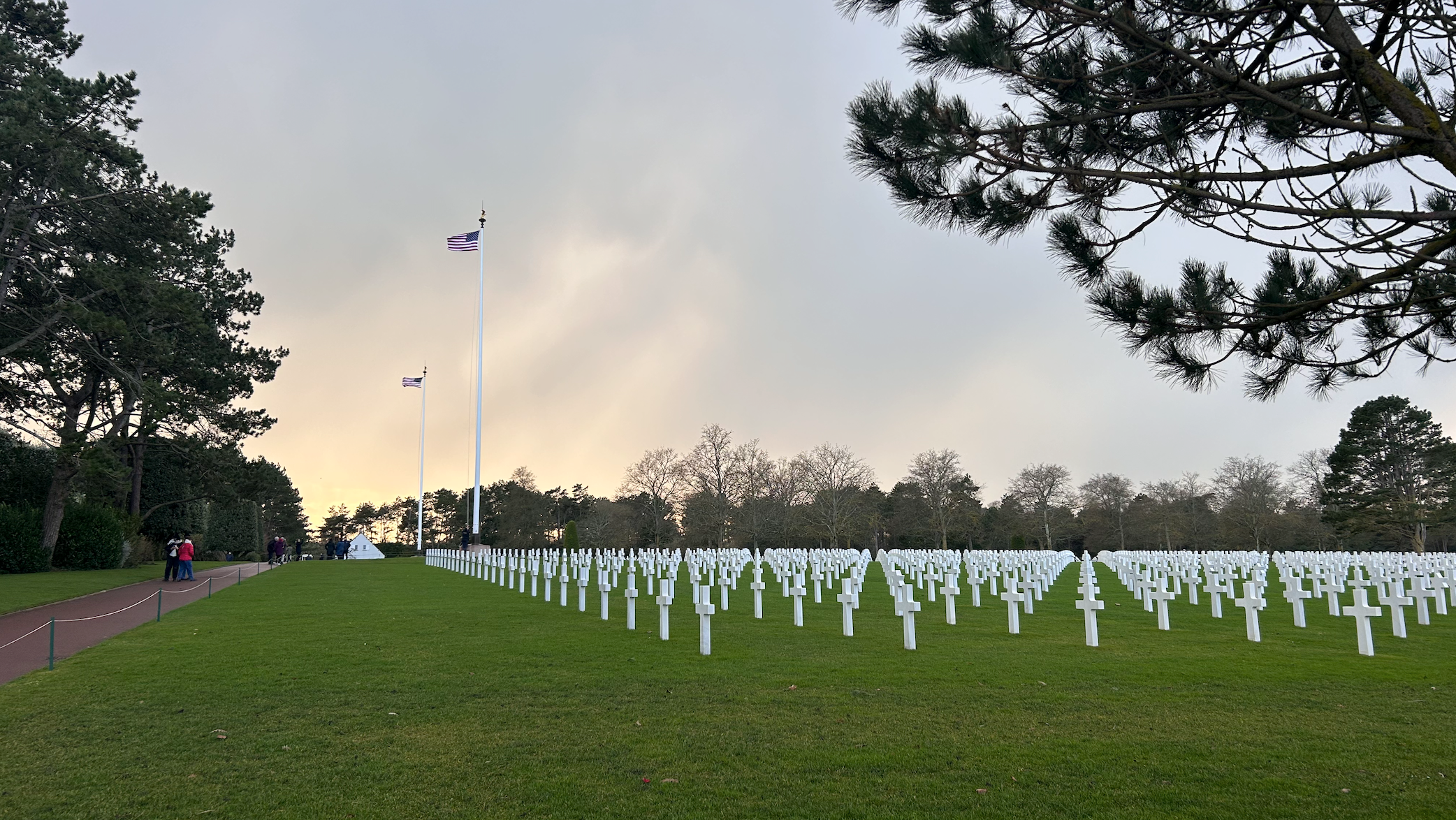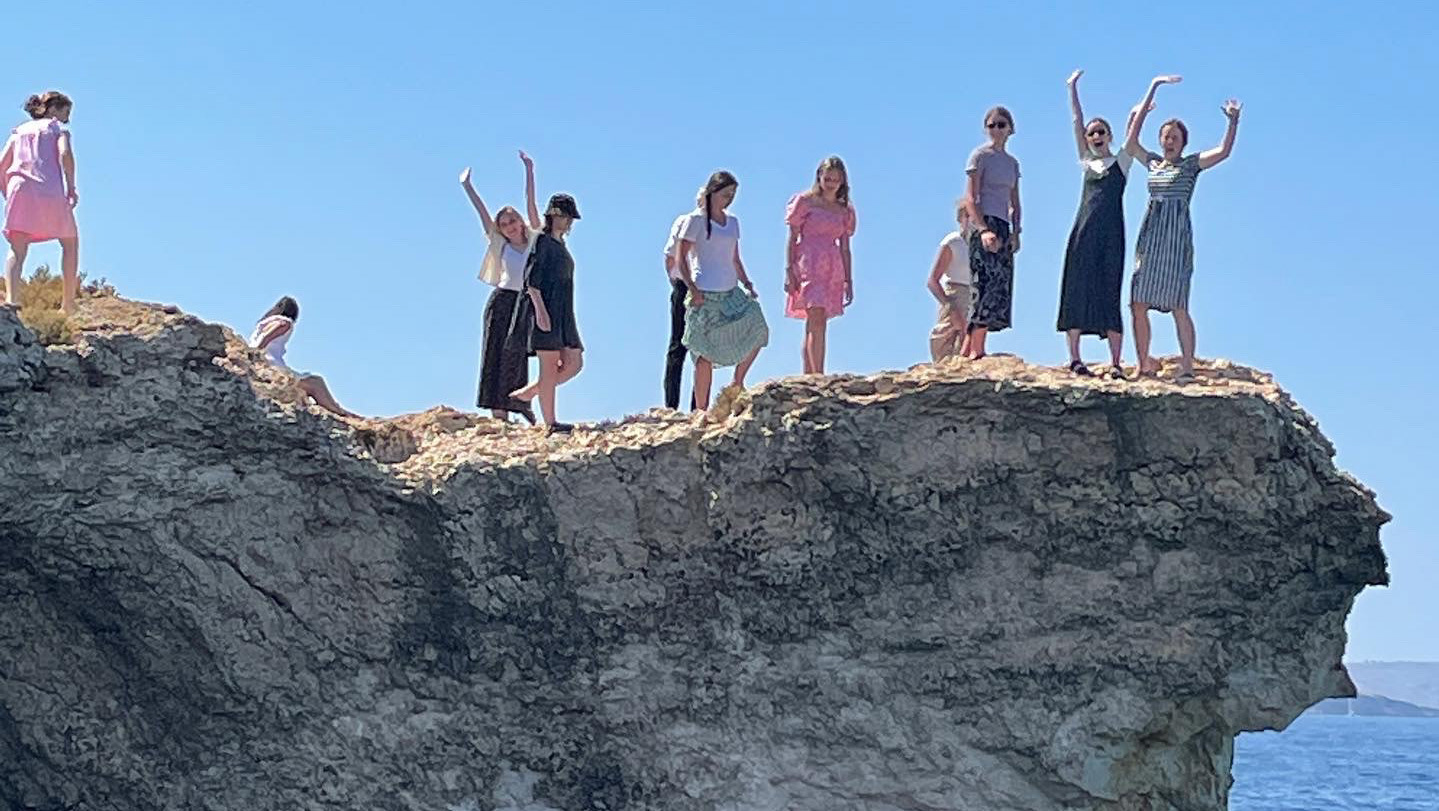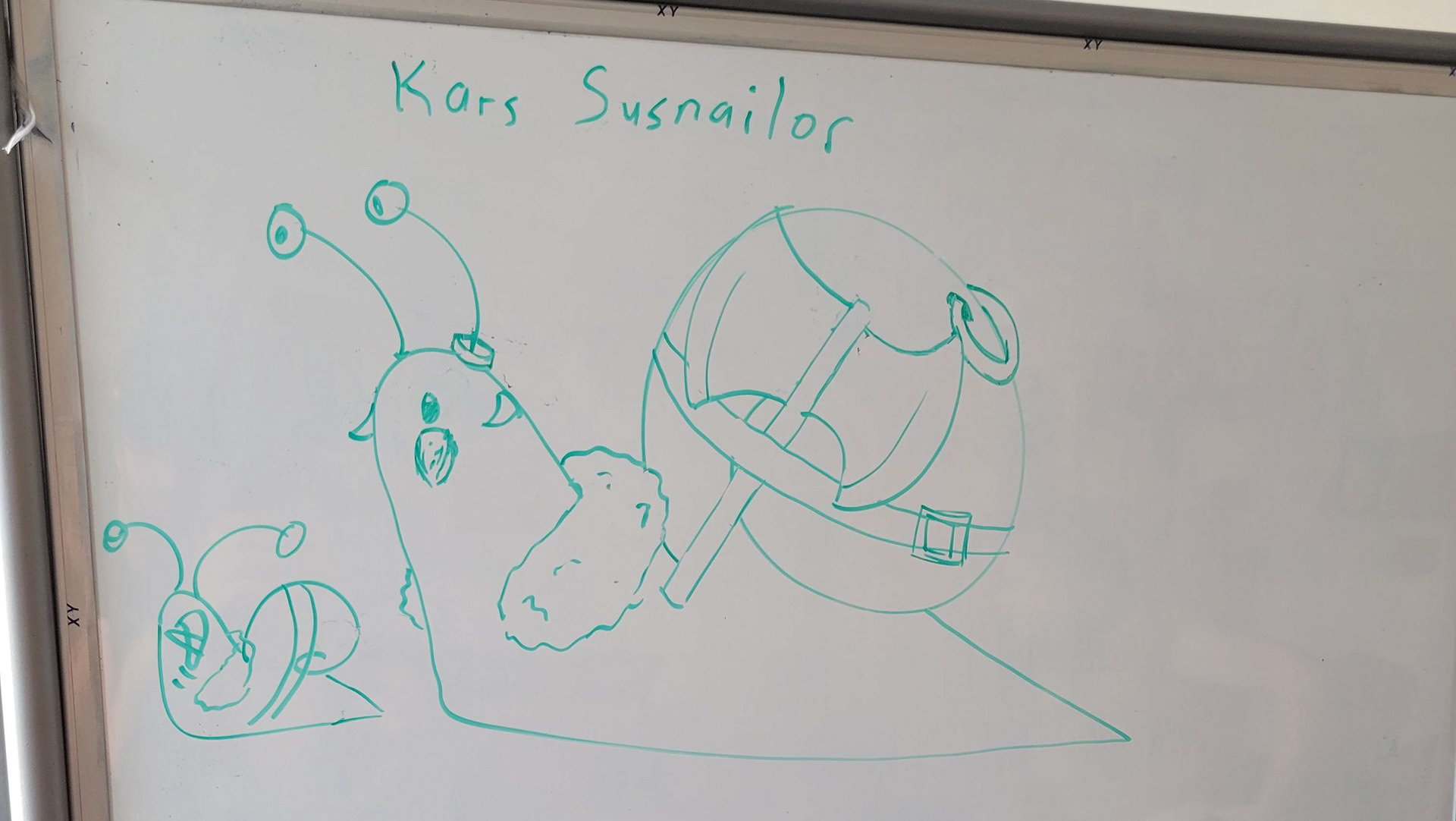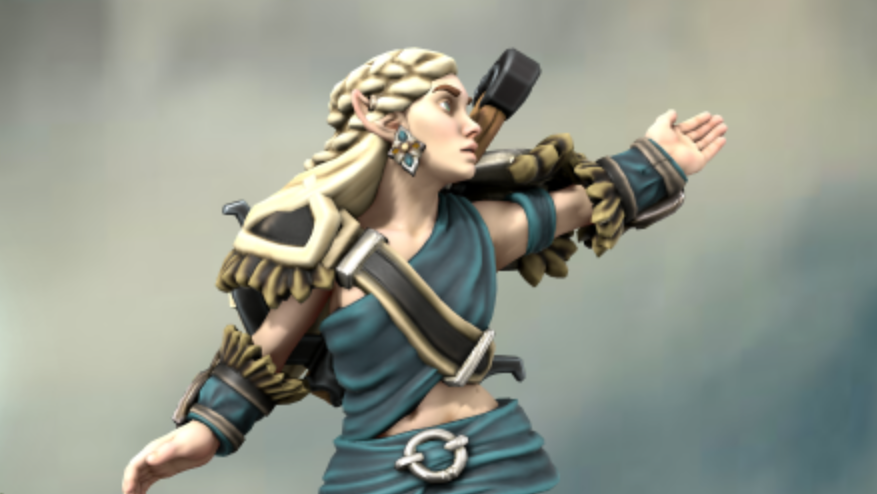Prior to my experience in UHP's "The Human Condition", my experience engaging with ancient scholarly works was always in a political context. We didn't read Plato's "Crito" to learn truths about humanity. We did it for the expressed purpose of applying it to our current political system to expand our understanding of our current systems of government. As can be expected, this perspective of analysis can grow boring quite quickly. When I examined it through a perspective of sincere learning and in anticipation of discussion with my classmates, however, I found that these previously dry and exhaustive texts became rich with ideals and values for me to turn over in my mind.
The course was split into three distinct focuses: the Mind, the Body, and the Soul, in that order. While the texts had a tendency to become more modern as we progressed through the class, I was surprised to find that the content became more difficult. Dr. Zalar, our professor, utilized the texts to provide examples of how to live apply these principles to our lives, but conclusions like these are always easier said than in practice.
Our final paper was a response to a woman who had written to an advice column. She felt stuck, depressed, and hopeless with the trajectory of her life. Throughout the semester, we examined ways we could find ourselves in her position and how to avoid a similar future. We were to use the texts studied throughout the semester to provide an academic, yet sincere, response to her thoughts. While attempting to utilize both academia and sincerity is a trial of its own, writing this paper proved more difficult than I had anticipated. I poured over the letter, searching for some type of solution. Most times I came up empty, and I began to question whether I had learned anything from my time spent analyzing these texts. Eventually, I came to the conclusion that I had twisted my perspective to mirror hers. I didn't need to provide her with a solution to her problems, I needed to provide the principles and perspectives I had learned so she can draw her own conclusions, the same way I had throughout the semester. One conclusion I was firm on was that no matter what, she must act.
In order to create change, we must take action that creates dissonance with the status quo. Living wisely is a journey that applies to each of us individually, and these principles and tools illuminate the beginning of the path to do so. Through this paper, I hope I was able to expose a path to a brighter future for this woman.
The first paper we wrote was to determine whether o not a character from one of our texts "died well". I was fascinated by this question and spent a considerable amount of time examining his life from all angles to effectively and truthfully answer the prompt. Unfortunately, my skills as a writer were not developed enough to communicate what I wanted to say, and I did not do as well on my paper as I wanted to. After being assigned our next paper, I asked Dr. Zalar if he had an effective method of organizing his thoughts before he starts writing. He told me that he writes each topic and subtopic on a notecard so he can see everything and rearrange them easily. I did this on the next paper I wrote, turned it in, and crossed my fingers. After our papers were returned to us, Dr. Zalar pulled me aside after class and said he was very impressed and proud of my paper. He said that by taking the time to effectively organize and structure an argument, it becomes significantly more powerful.
